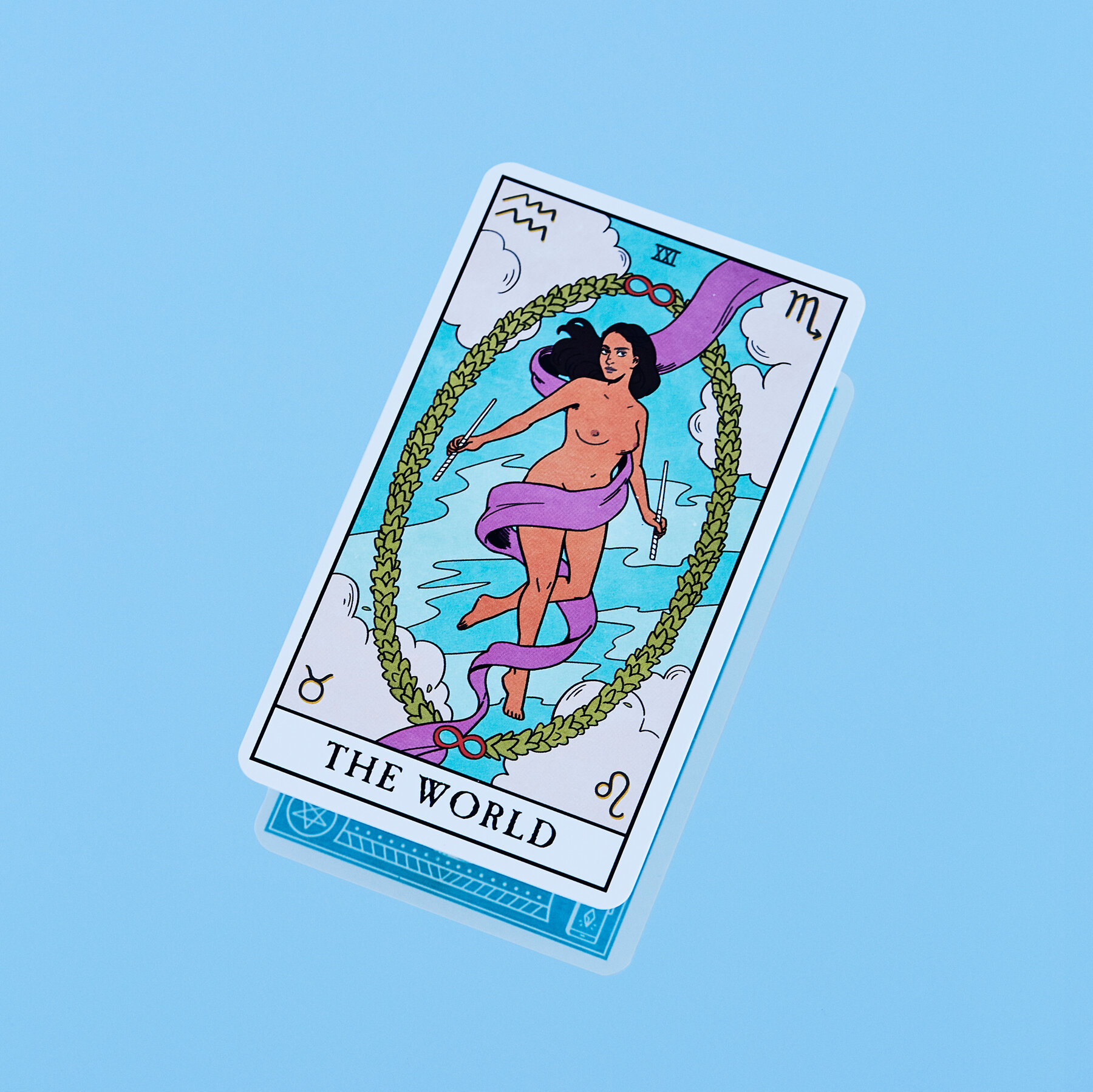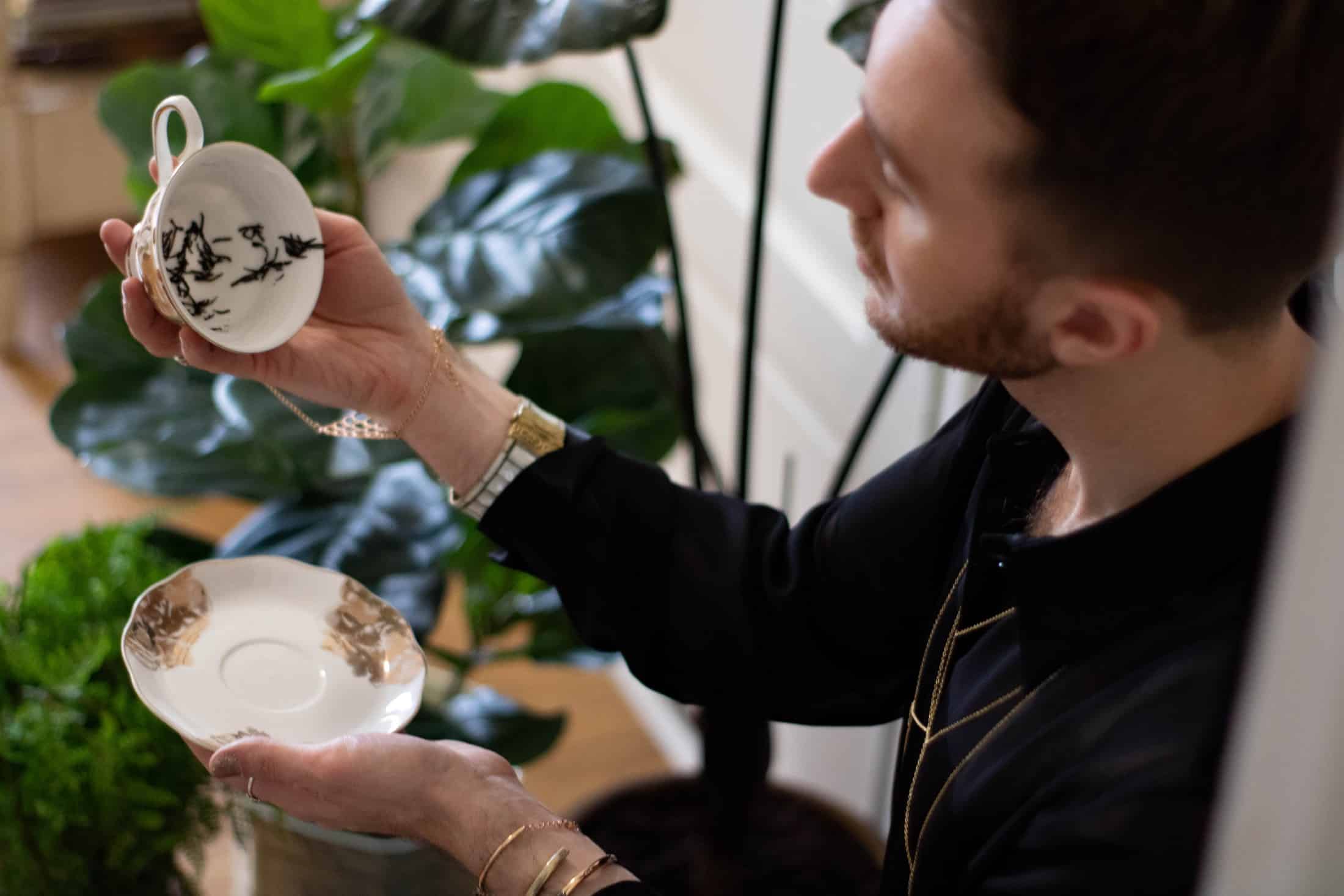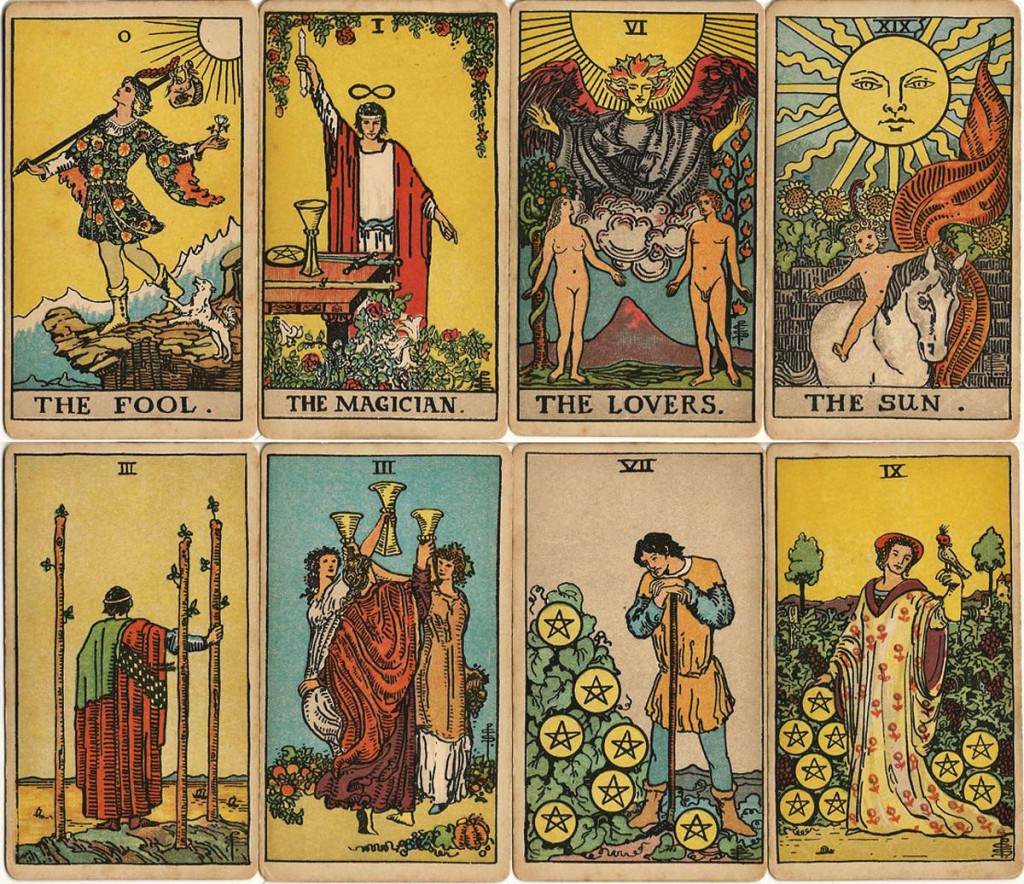
Unlike Tarot cards, which are often interpreted intuitively, Lenormand cards are more objective. Lenormand cards are objective, so they can provide specific answers and predict differently from Tarot cards. Lenormand cards provide straightforward answers and not elaborate stories. This makes them easy to read.
Lenormand's deck contains 36 cards. Each card has its unique meaning. These cards can be used to predict various events and answer questions about your career, relationships or major life decisions. Lenormands can be used for divination in Central Europe (France, Russia, and Balkan nations). They can also be used in numerology or astrology. These cards, known as Lenormands, are still very popular in these countries.
Lenormand cards are also known as petit jeu. French for "little" is this name. It was named after Marie Anne Lenormand a French fortune-teller. She is believed to have been advising leaders in the French Revolution. Lenormand's name was also used on several cartomancy decks. Lenormand card are used all over the world today. They were created in France originally and still have a place of divination. These cards have been exported to other countries in Europe and Africa by emigrants.

The first card is called the noun, and the second card modifies the noun. For example, the Woman symbolises action. The Woman card represents your partner. The Woman card may also indicate a particular situation. If the Woman card has a child as its representation, it could indicate that you are having an argument with your partner. You may be naive.
Another card is the Sun. It symbolizes warmth and vitality. It can also be used to signify progress towards a goal. It is associated also with success, love, happiness and success. It is also a positive symbol and used to signal the presence of an individual/group. It is also closely related to Hierophant.
The third card is called the Moon, and it represents fantasy, imagination, intuition, and subconsciousness. It is also a negative card, and speaks about a person's emotions.
The fourth card is the House. It represents home, safety and privacy as well as traditions. It is closely related to the Hierophant and can be used for hotels, homes, or any other type of establishment. The fourth card also represents the Hierophant, and can be used in a spiritual context.

The fifth card, called the Snake is related to rebirth and craving as well as education. It is also associated with medicine and temptation. The sixth card, known as the Stars (or the Sixth), is associated with spirituality and faith. It is also considered a positive card but also associates with sexuality.
The Lily is seventh card. It symbolizes wisdom, spirituality and values. It can also be positive. The Key is the final card. It symbolizes freedom and openness.
The Lenormand Cards are based upon a romantic language and follow a specific syntax. These cards are easy to read and understand. They can be read as sentences and not images.
FAQ
What are observation hobbies?
Observation hobbies are activities where you observe people doing what they do. You might be interested in watching sports, reading, going on holidays, and so forth. It could also include observing others.
Observation hobbies are great because they help you learn how to think creatively. You can use this knowledge later when you're working on projects for yourself or others.
You'll find that if you're interested in something, then you'll have an easier time learning about it.
For example, if you want to know more about football, you may watch a game or read a book about it. Visit or take photographs to learn more about the art of photography.
If you like to play music, you can either learn the songs online or get a guitar.
You can cook your own meals, or you could go to a restaurant.
You could also grow flowers or vegetables if you enjoy gardening.
If dancing is something you enjoy, join a dance class.
If you love painting, you can paint pictures.
Write poetry and stories if that is what you love to do.
If you like drawing, you could draw pictures.
If you're passionate about animals you might consider working at a Zoo or looking after their pets.
If science is your passion, you might choose to study biology or chemistry.
You can read books, listen to podcasts, or watch films if history interests you.
If you enjoy traveling, you can travel around the world or just explore your own area.
What does a hobby really cost?
Time is all that's required to make a hobby a success. If you are serious about your hobby it could take years before you achieve your goals.
However, there is something that can help. It's called "passion". If you have passion about something, it will make it easier for you to work hard.
And once you start putting in those hours, you may find that you become addicted to the activity. And this is where the real fun begins! Because you're doing something you like and it keeps getting better. You'll probably see a substantial improvement by the end.
Don't fret about how long this takes. You can just try it. You may be surprised.
How do you get started with your new hobby or interest?
To start a new hobby, you must first decide what type of activity you would like to do.
Passion is essential once you have selected your subject.
It is important to know the reason you want to begin a hobby. It will give you some direction and purpose.
Once you decide what kind of hobby you want, you can start planning.
Take a look at the equipment you will need.
Consider whether you are required to attend classes and seminars.
You should ensure that you have enough space to enjoy your hobby.
You may also consider joining a club or group. These groups can offer support and guidance.
Think about how much you'd need to spend on your hobby.
What are collection hobbies?
Books, movies, music and comics are the most popular collections.
You can also collect stamps, coins and cars as well as dolls, action figures, figurines, art supplies, kitchen utensils, jewelry and watches as well...
I think you get the idea.
Can I make a living from my hobby and earn money?
You can have many hobbies that lead to extra income.
If you're passionate enough about your hobby, you may decide to sell items related to it.
You might consider setting up a website to sell rare stamps if you have a collection.
This allows you to make additional income, without having the hassle of actually purchasing and selling stamps.
Another option is to create a YouTube Channel where you can talk about your hobby.
This allows you to share your passion with others and potentially generate additional revenue by offering premium content.
Is it possible making a living as a hobby?
Not necessarily.
However, if you're interested in creating a business based on your hobby, then you could definitely end up being wealthy.
Let's assume you like cooking. You love healthy food, so it was a natural decision to open your own restaurant.
You serve only organic meals made from scratch and charge customers a small fee to cover the costs of ingredients and labor.
You grow your clientele and eventually you hire employees who can work with you.
Soon, your menu will include gluten-free and vegan options as well as desserts.
In this scenario, you've created a successful business that has allowed you to live the type of lifestyle you wanted.
Of course, this doesn't mean you must give up your day job.
You could also run your restaurant, while still maintaining your 9-5 job.
Statistics
- The Role of the Mind in Sex, Dating, and Love: Men in the “humor” condition received phone numbers from 42.9% of the female participants and were refused 57.1% of the time. (time.com)
- In comparison, men in the “no humor” condition were refused 84.6% of the time and were only accepted 15.4% of the time. (time.com)
- A new survey by Pew Research Center of teens ages 13 to 17 finds that 36% of girls feel tense or nervous about their day every day; 23% of boys say the same. (pewresearch.org)
- Much of this decline reflects the fact that teens are less likely to work today than in the past; among employed teens, the amount of time spent working is not much different now than it was around 2005. (pewresearch.org)
- The intensity of the dialogue partners' bond at the end of the forty-five-minute vulnerability interaction was rated as closer than the closest relationship in the lives of 30 percent of similar students. (time.com)
External Links
How To
How to start gardening
Gardening is one the oldest forms. It requires patience, persistence and determination. The first step in starting your own garden is choosing a location where you want to grow food. You could choose to plant food on a large parcel of land, or in your own backyard. Next, you will need to decide which type of plants are best for you. Do you prefer flowers or vegetables? Some people enjoy growing herbs while others love raising livestock such as rabbits. Before you decide on the type of crops you want to plant, it is important to consider the space available. If your climate is cold, you may decide to plant berries and fruits.
Once you have selected the plants you wish to plant, you should prepare your soil. Your plants' success or failure will depend on the soil they are placed in. Good quality soil contains organic matter that helps feed your plants' roots. Organic matter includes leaves, twigs (grass clippings), manure, compost, and manure. Once you have prepared your soil, you need to add nutrients. You may need different amounts depending on what type of plants you are trying to grow. A fertilizer calculator online can help you determine these values. There are many fertilizers on the market, so ensure you understand what you are buying.
After preparing your soil and adding the proper nutrients, you now need to wait until your seeds germinate. The process takes between 2 weeks and 3 months depending upon the climate in your area. Once your seeds have sprouted, you need to water them regularly. Watering your plants too little or too often can cause problems. You should ensure that your plants get enough water at regular intervals. Avoid overwatering. Overwatering could lead to root rot as well as fungal diseases. It is important to remember that plants will need less water in summer than in winter when watering them. Keep in mind that certain plants may need to be dried after being watered. For example tomatoes should be kept slightly moist and not wet. They won't tolerate soggy soil. After plants finish flowering, they need to go dormant. The time when plants stop producing new life and store energy for the next season is called dormancy. The plant ceases sending signals to its roots to produce food during dormancy. Plants continue to store energy throughout this period. However, the plant will die if temperatures drop below freezing or there is insufficient sunlight.
Urban areas can limit your choices for plants. Urban areas tend to contain concrete sidewalks, roads, buildings, and parking lots that block sunlight from reaching the ground. Concrete absorbs light, preventing the soil underneath from getting adequate sun exposure. Many plants can't thrive in urban environments because they lack sunlight. There are still plants that thrive in urban environments. Many perennials, trees, and shrubs are able to adapt to urban living. Many annuals can also be grown indoors in container gardens. You can have fresh greenery all year round with container gardens.
Now you're ready to plant.